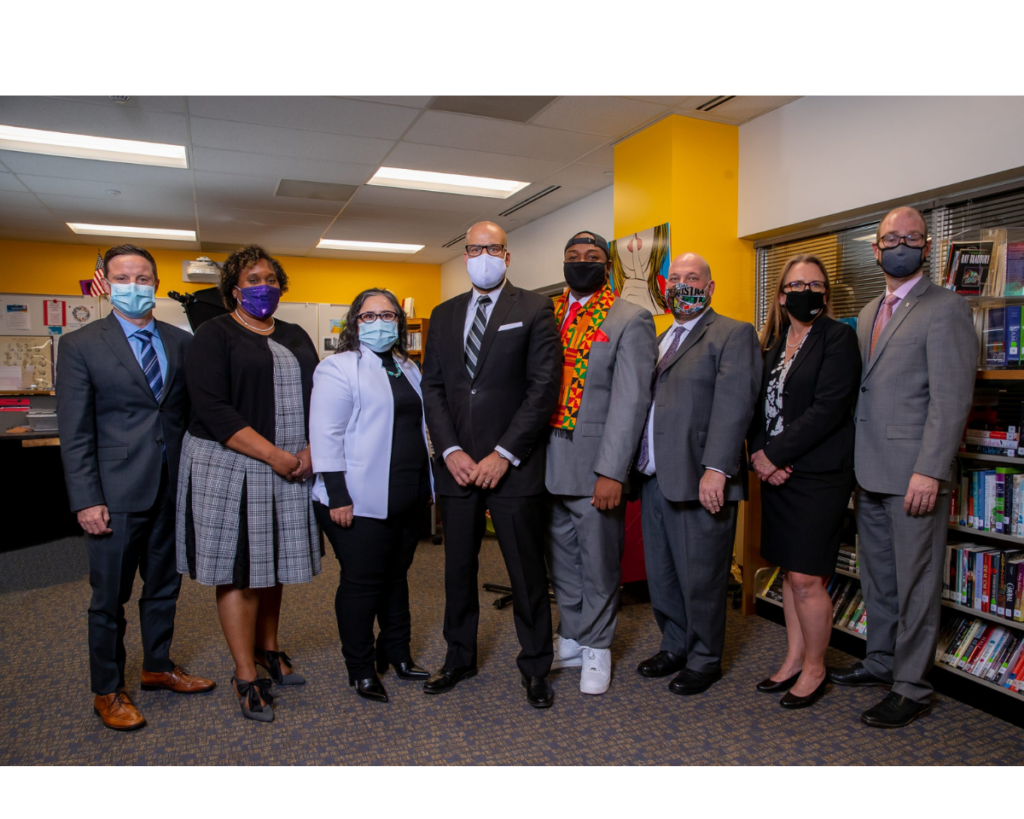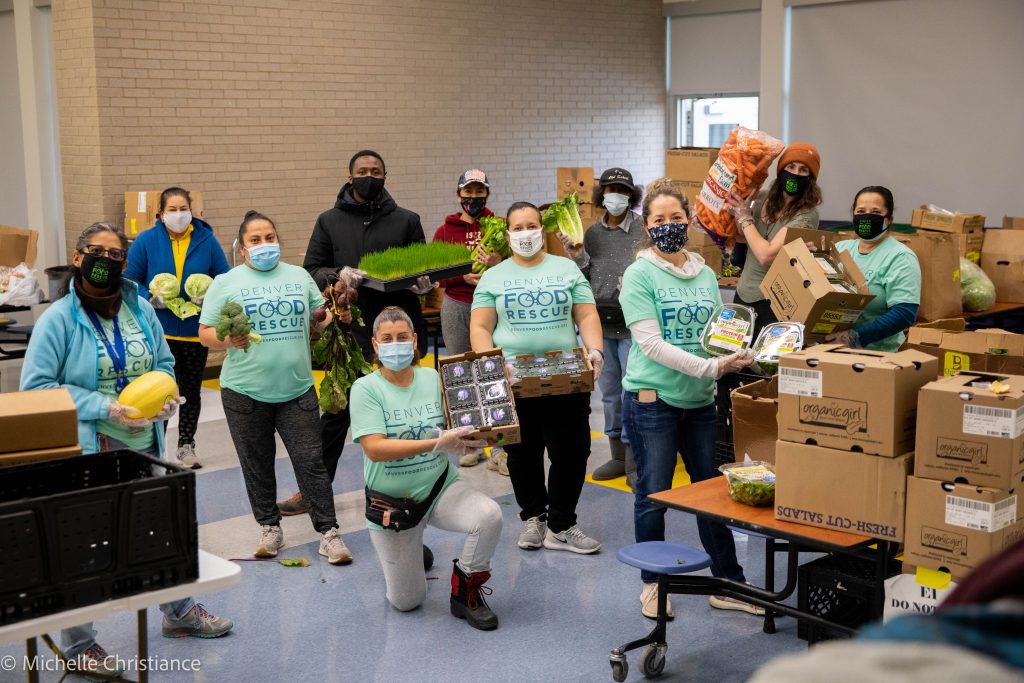Four Denver school board members have requested from Superintendent Alex Marrero a school-by-school inventory of how recently approved changes to policy could negatively affect the school district’s 52 innovation schools.
The request comes as some innovation school leaders, parents, and teachers have accused the district and board of lying to or at best misleading them about the sweeping impacts of the Denver Public Schools board’s March vote to curtail the freedoms innovations schools have enjoyed since the passage of a 2008 state law creating the schools.
Board members requesting the detailed review are Tay Anderson, Scott Esserman, Carrie Olson, and Michelle Quattlebaum. They comprise a majority of the seven-member board.
“I have over 150 emails about (this) in 48 hours,” Anderson said in a text message. “I have requested some more data on the school-by-school implications.” He said he is “getting pressure” to revise or even rescind the policy change.
While the Executive Limitation ordering the change was framed by proponents as simply a move to ensure teacher rights, an analysis by DPS staff found that the impacts to innovation schools could be far broader. Calendar and teacher training flexibility could be lost or severely curtailed when the changes take effect at the start of the 2023-24 school year, the analysis found.
That sparked outrage among innovation school leaders. Alex Magaña, executive director of the Beacon Network, a two-school innovation zone, wrote to his staff and families, urging a concerted campaign to pressure school board members to reverse their March vote.
“Our families and school communities were promised that calendars, schedules, and leadership models would not be impacted,” Magaña wrote. “They were lied to and it is clear from the EL Implication Memo that there will be dire consequences to the unique programs we’ve promised our families and the empowerment we value as educators.”
Magaña also said that “in an unprecedented move, DPS has directed us to negotiate directly with the Denver Classroom Teachers Association Board for one-off approval of needed flexibilities, something staff has admitted has rarely, if ever, been successful before. This places an extraordinary burden on us and our schools.”
Magaña created an infographic highlighting misleading statements by board members, district officials, and DCTA leadership about the supposedly benign impact of the policy change, compared to the reality outlined in the DPS memo.
Among the changes cited that Magaña said are essential to the Beacon model are the end of flexible, collaborative teacher planning time; extended school day with extra pay for teachers; school-specific calendars; and extended school year.
Under the 2008 Innovation Schools Act, innovation schools operate under specifically designed waivers from both the collective bargaining agreement and district rules and regulations. Schools design their own innovation plans, which must be approved by 60 percent of the school’s staff.
Meanwhile, a partial legislative remedy progressed Thursday at the state Capitol.
Senate Bill 22-197, sponsored by State Sens. James Coleman and Chris Hansen, passed the Colorado Senate Education Committee on a bipartisan 6-1 vote.
The bill would require innovation zones “with alternative governance (three innovation zones in Denver are run by independent nonprofits)” and the local school board to agree on a neutral third party to mediate the dispute. If either side “does not act in accordance with the neutral third party’s decision,” the State Board of Education can enforce compliance.
This is potentially significant in relation to the DPS policy change because an innovation school within a zone or the zone itself could initiate a dispute resolution should the school board “proposes to revise” an innovation plan contrary to the school’s or zone’s wishes, or to revoke a school’s innovation status.
Providing recourse to innovation zones threatened with revocation serves the best interests of children, Coleman said Thursday in remarks before the committee.
“How do we preserve the schools that are doing right by children by being committed to the solutions that work for everyone? (The bill) only asks that we do so without taking from children who have finally seen achievement, opportunity and growth in their neighborhoods,” Coleman said.




